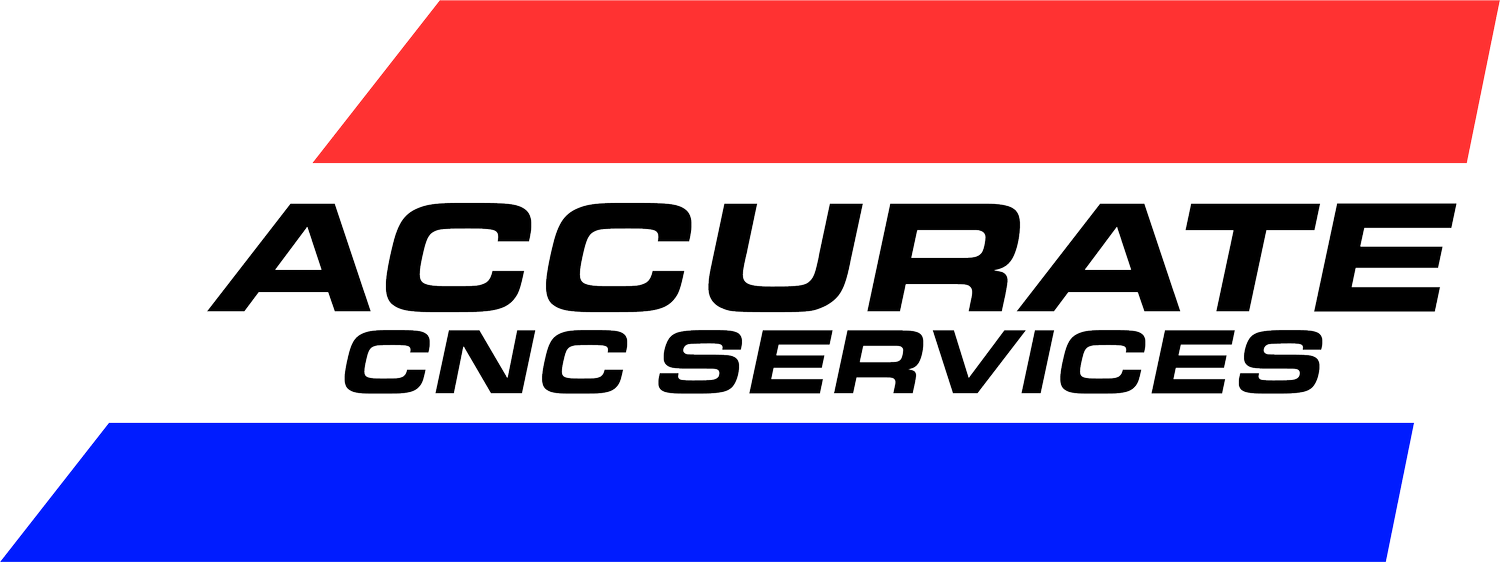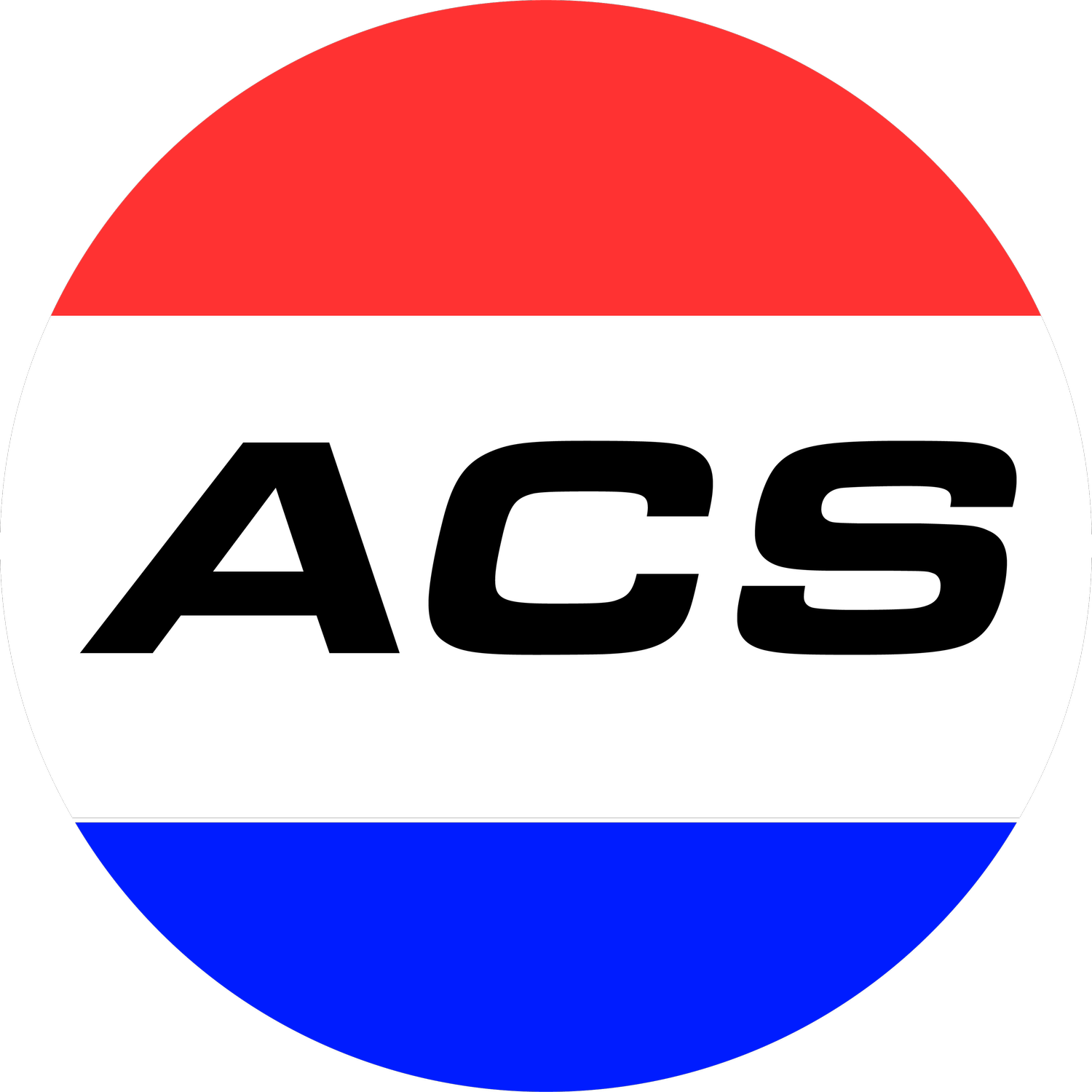Smart Tolerancing for Precision Machining Can Save You Time and Money
As any precision machine shop will tell you, what’s possible in CAD isn’t always possible on the manufacturing floor—at least not without compromising on your budget and turnaround. That’s why collaboration between customers and manufacturers is so important.
To optimize part designs for cost and lead time, we advise engineers to ask themselves three key questions:
Can the part’s materials withstand the design’s requirements?
Are certain features and tolerance specifications worth the additional cost?
How close to nominal does the part need to be?
Consider the answers to these questions, as well as the following considerations, before submitting your next precision machining order with Accurate CNC Services. You’ll be pleasantly surprised at the opportunity for reduced costs and faster turnaround!
Tight Tolerances in Precision Machining
When designing a part with tight tolerances, it’s helpful to know what is (and isn’t) manufacturable.
If your part demands tolerances held at +/- 0.001" or tighter, you’ll want Accurate CNC Services’ standard CNC machining, which we perform on one of our Haas machining centers.
However, if you’ve chosen our routing services, your part must allow for looser tolerances no smaller than +/- 0.005". We can accommodate +/- 0.005” tolerances with most materials and designs using one of our Multicam routers.
Considerations for Tight Tolerance Parts
To get the most out of manufacturing, consider these factors in relation to tight tolerance parts:
1. Materials
At Accurate CNC Services, we’re committed to matching the best manufacturing solution to your unique part. But achieving tight tolerances requires more than simply using the right machine. Your material matters, too.
One example is UHMW. Lightweight and strong, Ultra High Molecular Weight Polyethylene offers benefits like impact resistance and high heat tolerance. However, this heavy-duty plastic has a thermal expansion rate of roughly 12x that of steel. While UHMW will hold a +/- 0.001" tolerance during precision machining, the subsequent thermal expansion can throw a part completely out of spec.
Density variations are another material consideration. Unanticipated hard spots have presented in some materials manufactured during the pandemic (our shop has noticed this issue with PVC in particular), rendering those materials more difficult than usual to machine with tight tolerances.
2. Features
Deep, tiny features with tight tolerances are difficult to machine, requiring extra setup, programming, and machining time—plus specialized tools and workholding. Machining these features into softer materials is even more challenging because the tooling is more likely to “walk” across a softer surface.
If these types of features are critical to your part’s functionality, we can certainly machine them for you. But if you have some flexibility in your design, consider features with minimal depth and generous width to save time and money during precision machining.
3. Dimensional callouts
We encourage engineers to denote tolerance specifications strategically to optimize cost and lead time.
For example, many holes designed to fit fasteners permit a size increase but cannot accommodate a size decrease. Some engineers handle this by noting a tight tolerance on the hole. A better alternative: specify a unilateral tolerance (e.g., +0.002"/-0.000”), which tells your precision machining partner that variance in one direction is permissible. This strategy helps you avoid over-tolerancing parts unnecessarily.
You can also preserve resources by calling out only the critical tolerances. We automatically machine part dimensions with unspecified tolerances to a general standard that’s appropriate for your part’s size and material.
Get Expert Precision Machining Guidance from Accurate CNC Services
Instead of defaulting to standard tolerances or relying on tighter tolerances to avoid the challenges of tolerance stacking, reach out to our precision machining experts to discuss the best approach to machining your parts. We’ll gladly advise you on materials, tolerance capabilities, and cost and time considerations.
Design your part’s tolerances wisely, with functionality at the forefront. A bit of extra time spent up front can save your company time and money—not to mention reducing your stress.
And when in doubt, consider these wise words from two of our greatest minds:
"Everything should be made as simple as possible, but not simpler."
–Albert Einstein
"Michael always says, ‘K-I-S-S. Keep it simple, stupid.’ Great advice. Hurts my feelings every time."
–Dwight Schrute (The Office)
Request a quote today!


